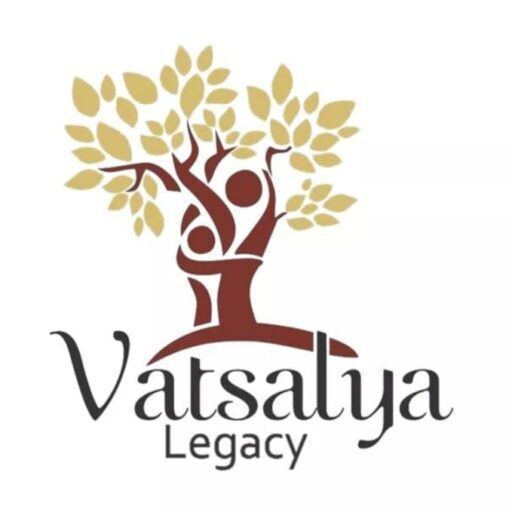Vatsalya Legacy offers both :
- Screening of younger children and a
- full fledged assessment
Assessments are of 2 kinds:
- Those that help in identifying the child’s need and strength areas and to find reasons for poor academic performance.
- Other assessments are done when a child with a cumulative history reaches a Board exam class and needs to avail of examination concessions that are offered to children with Dyslexia by the various Examination Boards.
Both a screening and assessment are mainly for use in helping the child and to give a starting point for teaching him/her. It is not for giving a label and branding the child. If the school where the child is studying is aware of Dyslexia then some classroom accommodations can be sought as well. If the school has a remedial centre then help can be given within the school itself.
Screening
- When the child is very young lacks age appropriate skills there maybe risk factors for having a full blown learning difficulty later.
- Early identification and intervention is very important.
- In young children, speech, language, attention, memory for letter and sounds, numbers skills, basic concepts as well as fine motor skills needed for writing are some areas tested.
- The tests can result in referrals to other therapists and work with a remedial teacher.
- Sometimes older children who have not acquired the basic skills like reading, writing, and Mathematics and are struggling with the pre-skills are screened as well.
- A detailed report that gives recommendations of other therapies as well as the need areas to be worked on will be helpful as a starting point for teaching.
Assessment
Vatsalya Legacy offers an educational assessment for children who seem to be having difficulties and are performing poorly in school and are referred by schools or brought in by parents. This is a longer and more intensive process than screening and is often done with children above 6 years who have some skills. A detailed case history is obtained by meeting the parents in order to get a thorough understanding of the child’s background.
Areas assessed
Some basic factors observed during assessment are
- The arousal and sustaining of attention
- Expressive and receptive language areas and the taking of instruction
- Mental fatigue
- Interest etc
The basic skills of
| Reading | Near Point |
| Comprehension | Far Point |
| Listening | Subject Comprehension |
| Spelling | Mathematics |
| Writing | Second language |
| Mechanical | Focus to task on hand |
| Expressive | Visual Perception, Motor Planning and Execution |
| Copying Skills |
Report
- A detailed report is given of the strength and need areas of the child.
- Remedial ideas in each of the deficit areas which the special educator or a trained parent can take through.
- Referrals to other professionals like speech therapists, occupational therapists, doctors and counselors are made based on this report.
- The child is also recommended remedial intervention if needed and the kind of remediation.
- a part time remedial help or
- Intensive remedial help as a pull out from school.
